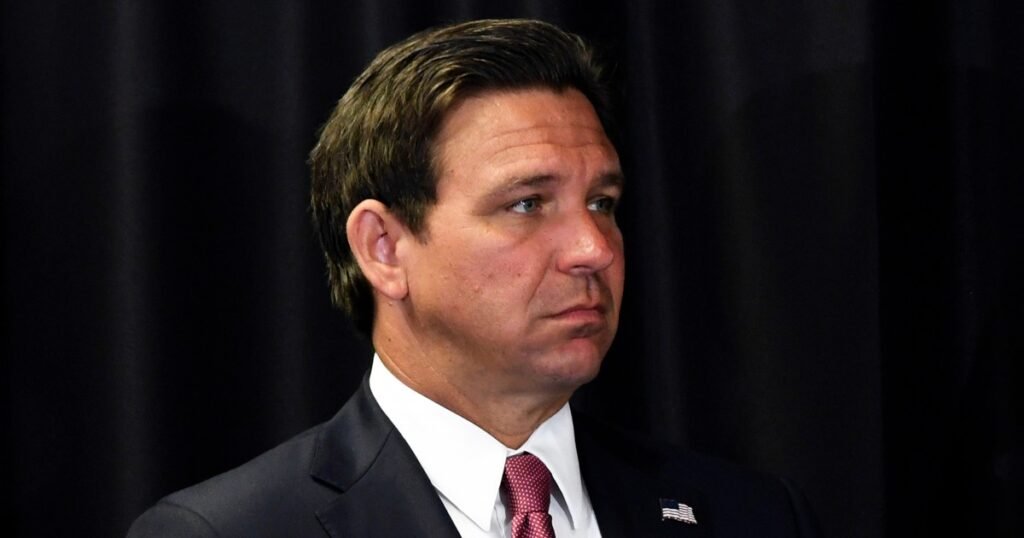Introduction to Swatting: Understanding the Issue

Swatting is a dangerous and illegal activity characterized by the act of falsely reporting a serious emergency situation to provoke a response from law enforcement, typically involving SWAT teams. This malicious prank often targets individuals, usually public figures, by providing authorities with misleading information that may lead to a heavily armed police response at their location. In recent years, there has been a notable uptick in swatting incidents, raising alarm among law enforcement agencies and communities alike.
The implications of swatting stretch far beyond the immediate chaos it creates. It poses significant threats to public safety, as tactical police units are dispatched to handle situations that do not exist. Such incidents divert crucial resources away from genuine emergencies, which can have dire consequences for those in real need of assistance. Moreover, swatting often infringes on individual privacy, as victims find themselves subjected to public scrutiny and trauma that can last long after the event. The psychological effects on the victims can be profound, instilling fear and anxiety, particularly when law enforcement arrives under the assumption of a serious threat.
In Florida, swatting has emerged as a pressing concern. The state has witnessed an increase in swatting cases, reflecting a broader national trend. Such incidents not only disrupt the lives of those targeted but can also create a sense of unease within the community, leading residents to question their safety. This growing problem has caught the attention of policymakers, prompting authorities, including politicians like Ron DeSantis, to address this troubling issue. Understanding the dynamics of swatting is essential to grasp the larger context of its implications for public safety and privacy, ultimately setting the stage for further discussion on legislative and preventive measures implemented in response to this dangerous phenomenon.
Ron DeSantis: The Architect of the Problem?

The rise of swatting incidents in recent years has drawn significant scrutiny toward various factors fueling this alarming trend. One prominent figure linked to the conditions leading to these incidents is Florida Governor Ron DeSantis. His policies and initiatives, particularly his support for the Florida Crime Prevention Training Institute (FCPTI), exhibit a complex relationship with the crime rate dynamics in the state. Though aimed at enhancing public safety, DeSantis’s funding decisions may have unwittingly created an environment conducive to swatting.
The FCPTI, under DeSantis’s aegis, emphasizes an aggressive approach to crime prevention through community engagement and law enforcement training. While the intentions behind these programs are commendable, experts argue that an overemphasis on creating a punitive environment can lead to heightened tensions within communities. For instance, the training modules designed to address various societal issues may inadvertently encourage overly reactionary responses from law enforcement, including the mishandling of disturbances that could spark swatting crises.
Statistics from recent years indicate a stark increase in swatting occurrences, with Florida noting several high-profile incidents that have captured national attention. According to law enforcement reports, swatting can escalate rapidly, leading to significant resource allocation and presenting undue risks to public safety. Critics contend that initiatives like those promoted by DeSantis might have unintentionally set the stage for these dangerous pranks to proliferate, as residents may perceive a heightened law enforcement presence as a signal that aggressive tactics are not only permitted but encouraged.
Furthermore, the irony of DeSantis’s proposed solutions lies in the apparent disconnect between his anti-crime strategies and the unintended consequences they foster. While his administration aims to position Florida as a leader in public safety, the policies may have contributed to escalating tensions within communities, inadvertently exacerbating the rise of swatting incidents. This paradox warrants a closer examination of the Governor’s role and the implications of his crime prevention initiatives.
The Recent Swatting Bill: A Misguided Attempt at Redemption

In recent developments, Florida Governor Ron DeSantis proposed a new bill aimed at addressing the alarming increase in swatting incidents—hoax calls made to emergency services, prompting an armed response to an unsuspecting victim’s location. This legislation is presented as a necessary intervention in response to the growing misuse of emergency services and the associated dangers it poses. However, an analysis of the bill reveals a complex interplay of intentions and implications that warrants closer scrutiny.
The proposed swatting bill includes provisions that would impose stringent penalties on individuals found guilty of making false emergency calls. Specifically, it aims to escalate penalties for swatting to felony charges, intending to serve as a deterrent to potential offenders. While the increase in penalties is a commendable effort, it raises questions about its effectiveness in a landscape already characterized by the complexity of identifying and prosecuting swatting perpetrators. Furthermore, this bill appears to lack comprehensive strategies for prevention and public education, essential components in tackling the underlying issues associated with swatting.
A closer examination also reveals similarities and differences when compared to similar legislation in other states. For instance, states like California have implemented not only punitive measures but also educational programs targeting the ramifications of swatting. These states have acknowledged that effective swatting legislation requires more than just heavier penalties; it necessitates community engagement and awareness initiatives. Thus, DeSantis’s bill may fall short by failing to incorporate such multifaceted approaches, leading critics to suggest that its introduction may be more a strategic diversion than a genuine effort to address the crisis.
In light of these observations, the recent swatting bill by Ron DeSantis serves as a critical point of discussion. While it acknowledges the serious issue of swatting, its overall efficacy remains questionable when compared to comprehensive legislative efforts observed in other jurisdictions.
Conclusions: The Need for Accountability and Change

As we reflect on the pressing issue of swatting and its implications, it becomes increasingly clear that accountability is paramount. Ron DeSantis’s actions in addressing this alarming trend must be scrutinized, as they have significant ramifications for public safety and the integrity of law enforcement. Throughout this analysis, we have examined the detrimental effects of swatting, not only on targeted individuals but also on emergency responders and the communities involved. It is critical that those in leadership positions recognize their responsibility in mitigating such threats.
Moreover, the responses to swatting incidents have often been inadequate, focusing on immediate reaction rather than comprehensive policy reforms. While DeSantis has made various statements regarding safety and security, there is a growing need for substantive actions that address the underlying issues leading to swatting. This includes fostering a culture of responsible digital citizenship and urging the state legislature to enact laws that effectively deter and penalize swatting. It is not enough to implement superficial measures; we must advocate for long-lasting solutions that prioritize the well-being of Florida’s residents.
In order to drive meaningful change, it is essential for citizens to engage critically with their leadership. This engagement can take many forms, from participating in community discussions to advocating for legislative changes that address the root causes of swatting. By holding leaders accountable and demanding thoughtful policy measures, individuals can impact Florida’s approach to the threats posed by this dangerous trend. Collaborative efforts between lawmakers, law enforcement, and the community will be vital in creating a safer environment that diminishes the risk of swatting incidents. Ultimately, the path forward requires an unwavering commitment to accountability and proactive change, ensuring that the safety of all Floridians remains a priority.


Leave a Reply